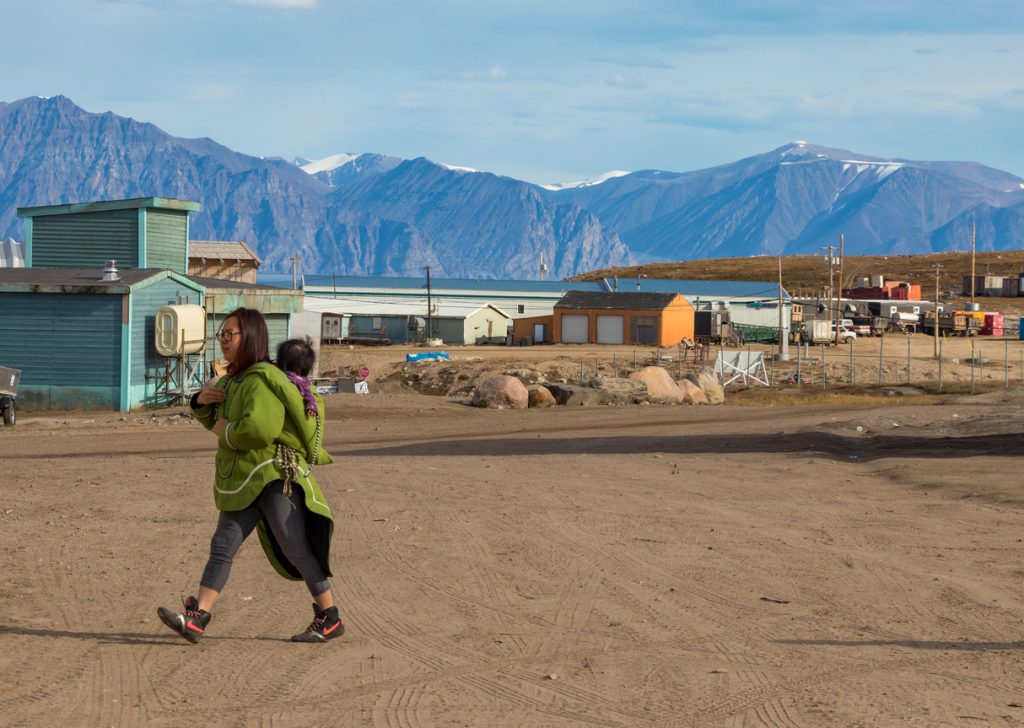|
Getting your Trinity Audio player ready...
|
Looking around your community, what do you notice about who’s working and who isn’t? Are some groups of people systemically excluded from the local workforce?
You’ve likely heard employers lament about challenges in finding and keeping “good” workers. However, perhaps these same employers hesitate (or outright refuse) to offer work to individuals who may need cultural- or disability-related accommodations.
Supported by federal government funding, Life Strategies Ltd. and Free Rein Associates recently partnered to explore this type of “diversity disconnect” in rural/remote communities in British Columbia. Working closely with a local advisory committee, we used a multi-method approach (i.e. surveys, focus groups and interviews) to gather stories and insights from individual jobseekers, employees, employers and community service providers. They shared insights on what helped and hindered the employment success of people from groups typically under-represented in the local workplaces within five targeted BC communities (Agassiz, Ashcroft, Hope, Merritt and Princeton).
In the survey, although employers commonly reported that their business represented the diversity of their communities, jobseekers didn’t agree. Further, although currently employed individuals had a more favourable assessment of employers’ ability to support their success at work and meet accessibility/cultural needs, those still looking for work didn’t agree that local employers fully supported the employment of individuals with accessibility or cultural needs.
This disconnect was reflected throughout stories shared in focus groups and interviews. In our preliminary analysis, we identified 20 factors that helped or hindered positive employment experiences of people from underrepresented groups. These included:
|
Opportunities |
Rural Realities | Training/ Learning |
Work Environments |
|
Fit |
Awareness | Accessibility/ Accommodation |
Communication |
|
Bureaucracy |
Respect | Connections |
Financial |
| Flexibility | Community | Motivation |
Interpersonal |
| Discrimination | Collaboration | Transportation |
Authenticity |
In this article, we’ll briefly introduce the top three categories.
Opportunities
The most frequently mentioned factor related to access to stable, quality positions that fit employee attributes and provided space for individuals from underrepresented groups to demonstrate their abilities and develop their skills. Individuals shared their frustrations related to opportunities:
But they [employers] also have to stop and realize there are people out here that can do a job and do it well. If you just give them the opportunity.
Just because we have a disability does not mean that we can’t do what normal people can do. Sometimes you just want to cry.
Respondents indicated that even when opportunities were available, many of those were restricted to undesirable, low paid or poorly defined, temporary roles. A service provider shared the following:
I know that there’s a lot of . . . employers in town that will hire disabled folk to do odd jobs, but it doesn’t to me . . . appear to be anything permanent; it’s just more on the part-time basis when they need some help.
The disconnect here is that not all opportunities are created equally. Career development professionals (CDPs) need to be aware of what types of opportunities they support employers to create or jobseekers to pursue.
Rural realities
Respondents spoke fondly about the sense of belonging they experienced in their community and their desire to stay. A service provider indicated that:
The community is great and inclusion with [underrepresented groups] – like they’re not special; they’re treated just like you and me.
For at least one employer, the smallness of the community itself facilitated hiring:
It’s a small town. I know everyone so it’s, yeah, easy to hire.
However, this very same smallness also hindered an individual’s ability to speak up when they felt things weren’t right within a workplace:
People are afraid to say anything because the supervisor is really well known and has grown up here and you know, and [employees] are afraid of losing their jobs. And so instead of speaking up and trying to correct the problems, people are quitting or they’re just putting up with it and are very miserable and unhappy at work.
In addition, limited economies, infrastructure and opportunities within rural communities pressured individuals to leave to pursue education or employment elsewhere. Ideally, individuals would bring this back into the community:
When they come home, then they’ll have a skillset to be able to work on Nation whereas you know if a person doesn’t leave their community then they may experience a little bit of difficulty obtaining positions and there’s a good chance that there’s not even positions that’s around them for them to obtain.
The disconnect here is importing/accessing urban-based solutions when an integration of rural realities is necessary. CDPs can support this through strengthening local partnerships with neighbouring communities or building grassroots solutions.

Training/learning
Responses touched on accessing/recognizing a diverse set of informal and formal ways of knowing, ranging from sharing information with peers/colleagues to engaging in dedicated training programs. Individuals found it helpful when employers invested in training:
You have good employers who are willing to invest in their people, build the skills internally, and that’s great. And that really thrives. But when you don’t have that and your employer is expecting you to keep up on skills on your own time and on your own dime, it’s really discouraging.
However, there seemed to be a lack of local and culturally informed training/learning. One individual shared their frustrations with employers:
I want mandatory training on inclusivity and equity. Compassionate sort of systems, leadership trauma informed – like this is mandatory.
Although employers wanted job-ready candidates, service providers spoke to the hesitancy of employers to access training on inclusivity-related topics:
To get employers here to do Mental Health First Aid is like pulling teeth.
The reality is that in rural communities, most employers operate small businesses; service providers shared how difficult it was to conveniently offer training:
A lot of small businesses and their staff, they don’t have time during the day to sit in a webinar, so what they either have to do is download it or we make it; we cut them up into smaller bits so that they can watch them whenever they can.
The disconnect here is that training is needed across all stakeholder groups, not just for individuals. CDPs can support training/learning by being flexible in delivery and audience.
For more tips and strategies on bridging the diversity disconnect, check out the project page for the full research report and the companion toolkit, Diversity at Work, with dedicated resources for individuals, workplaces and communities.





